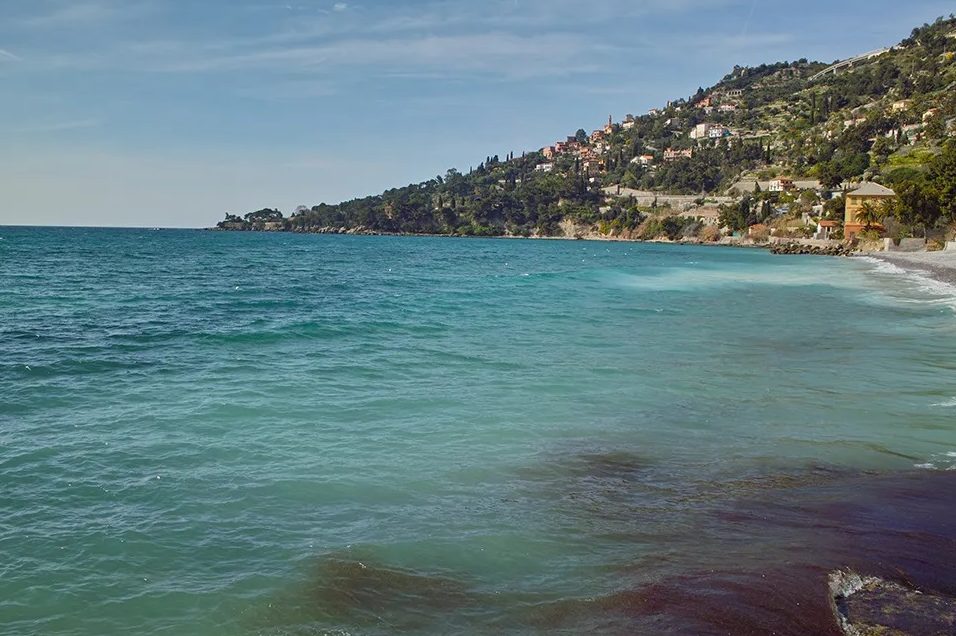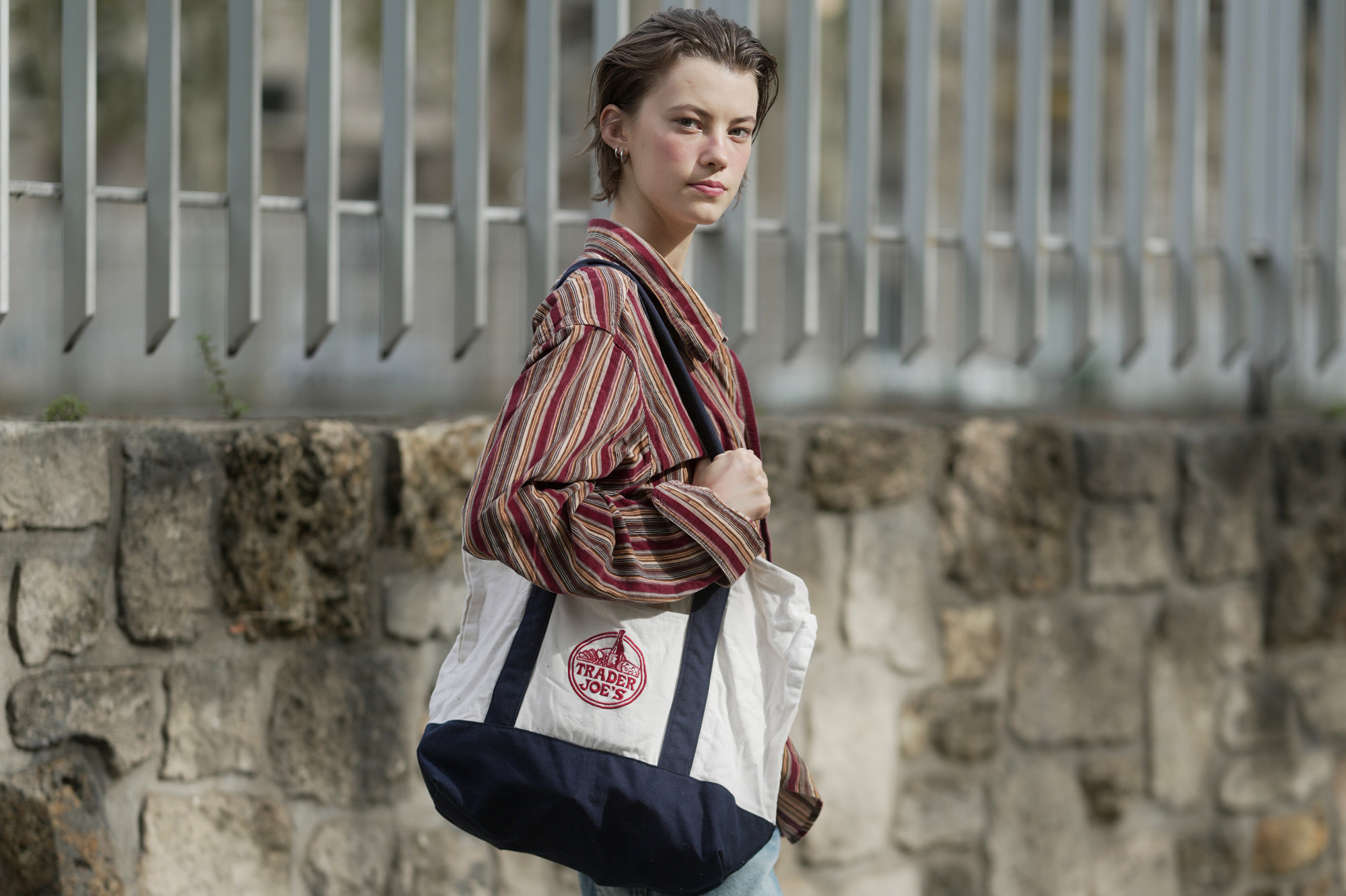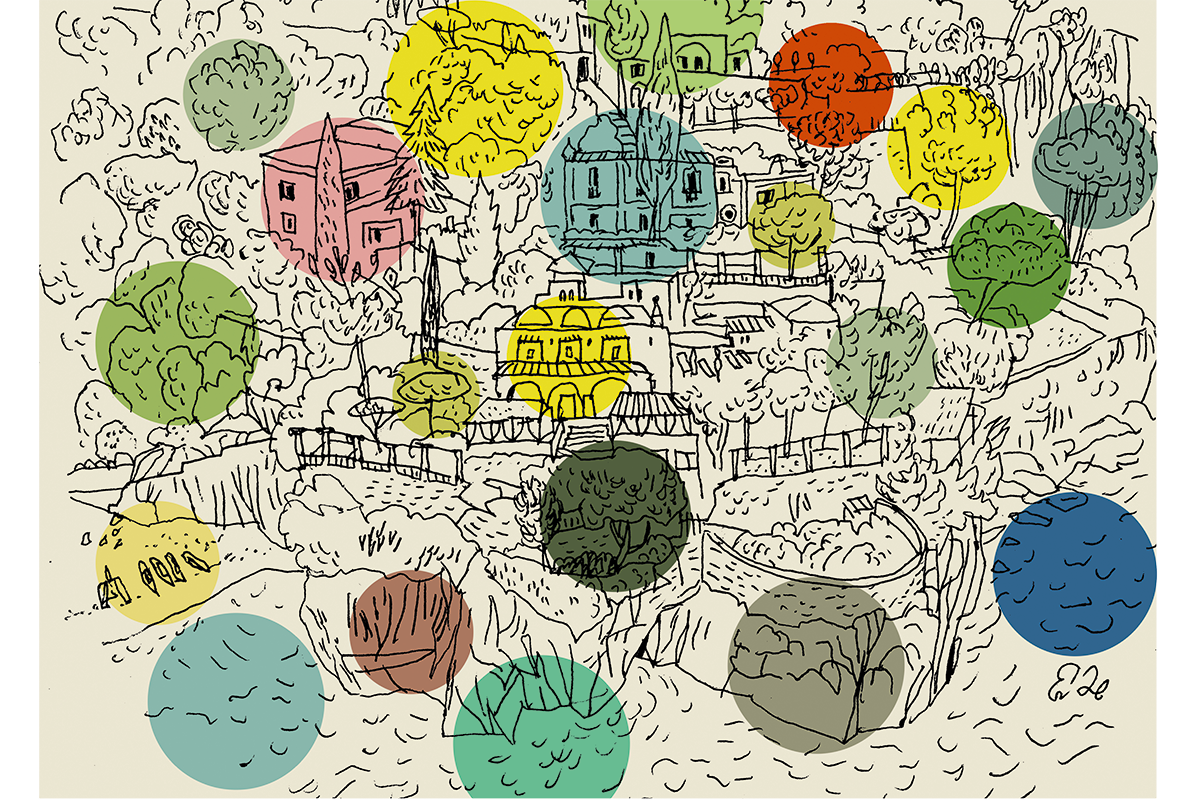When Pope Francis complained recently about too much frociaggine (faggotry) in the Catholic Church, he certainly struck a chord in our house here at Dante’s Beach near Ravenna.
Nudism used to be illegal on pain of up to three years in prison, but the nudists simply ignored the law
We live a mile inland from one of the last stretches of Adriatic coast not lined by umbrellas and concrete but by sand dunes and pine forests. It is a spiaggia libera (free beach) as well, and so belongs to everyone. However, the most beautiful bit cannot be used by the silent majority: it has been stolen by a small minority of highly trained nudists, mostly gay. People who prefer to avoid mass nudity have had to go elsewhere.
Many would call it Heaven though Dante himself would beg to differ. In the Divine Comedy, which the great poet wrote while wandering around here after being banished for life from Florence, he consigned sodomites, as practicing gays were called, to the seventh circle of Hell.
My Italian wife Carla, devout Catholic mother of our six children, believes, as many Catholics do, that love between two men is fine but sex is a sin. So too, despite his frequent lack of clarity, does her beloved Pope.
I asked my eighteen-year-old son Francesco-Winston what the young think. He is always playfully calling his two brothers Giovanni-Maria, twelve, and Giuseppe, eight, froci (faggots). “It is funny but the Pope shouldn’t use such a word,” he said. “He’s a man of God.” But many gay men do not seem too bothered, to judge from the banners at the recent Gay Pride march in Rome reading: “You can never have too much faggotry!”
So it was that one afternoon this week I set off with Giovanni-Maria and the youngest of our three daughters, Rita, fifteen, to get some mussels from the beach to make spaghetti con le cozze for supper. The only place they are to be found in numbers is attached to the sturdy wooden poles of a breakwater which we call I Tronchi (the Trunks).
Needless to say, that’s where there are also many nudists (senza tronchi). Nudism used to be illegal on pain of up to three years in prison but the nudists simply ignored the law and their mere presence was enough to scare everyone else off. The politicians and police couldn’t muster the will to stop them.
Then, a couple of years ago, the city council in Ravenna, which since the fall of the fascists in 1945 has been run by the communists and their heirs, made nudism legal on a precisely marked 500 yards stretch of the beach.
Nudism, apparently, is no longer obscene, although sex still is, for some odd reason, and occasionally I see stories in the local press about couples who have been caught in flagrante and heavily fined.
I Tronchi are at the far end of the nudist section of the beach and mark the boundary beyond which no one can go, not even nudists, as that is where a tiny wader on the verge of extinction, il Fratino (Little Friar) makes its nest. The nudists, who feel kettled into their 500 yards, curse the Fratino.
To get to the breakwater, either we must walk from the village past 500 yards of naked, mostly male flesh, or park the car in a road behind the pine forest and use a path that brings us out right in front of it. I prefer the forest path because it is shorter and, apart from the occasional naked man looming out of the dense foliage, less scenic.
They say the Italians are beautiful and it is true — but not on this beach
It was along this path that we walked beneath the majestic pines, past the spiky fronds of wild asparagus and low-lying juniper and bay, to emerge some twenty minutes later on the dunes. The scene before us reminded me of the first world war battlefield painting “The Menin Road” by Paul Nash. Everywhere, there was a chaos of driftwood, as far as the eye could see, hurled on to the beach by winter storms, and old telegraph poles and long bits of branch, bleached by years of exposure to the sun and sea, now driven bolt upright into the sand, like the decapitated trees in the Nash painting.
On the beach — unlike the painting, which contains no bodies — there were naked men everywhere, wallowing walrus-like amid the driftwood, beneath huge colored sheets of fabric tied between the poles and branches. They say the Italians are beautiful and it is true — but not on this beach.
Many would say I shouldn’t expose my children to such scenes. I disagree. Why should I let a herd of naked human walruses stop us collecting mussels for spaghetti con le cozze? Giovanni-Maria and Rita soon had a large bucket of perfect mussels, which that evening — once we’d taken off their zips, as the Italians say — Carla turned into a fantastic meal.
The next morning I dropped Francesco-Winston off at school in Ravenna where he’s doing the Italian equivalent of A-levels.
“Good luck frocio!” I said.
“Thanks frocio!” he replied.
This article was originally published in The Spectator’s UK magazine. Subscribe to the World edition here.


























Leave a Reply